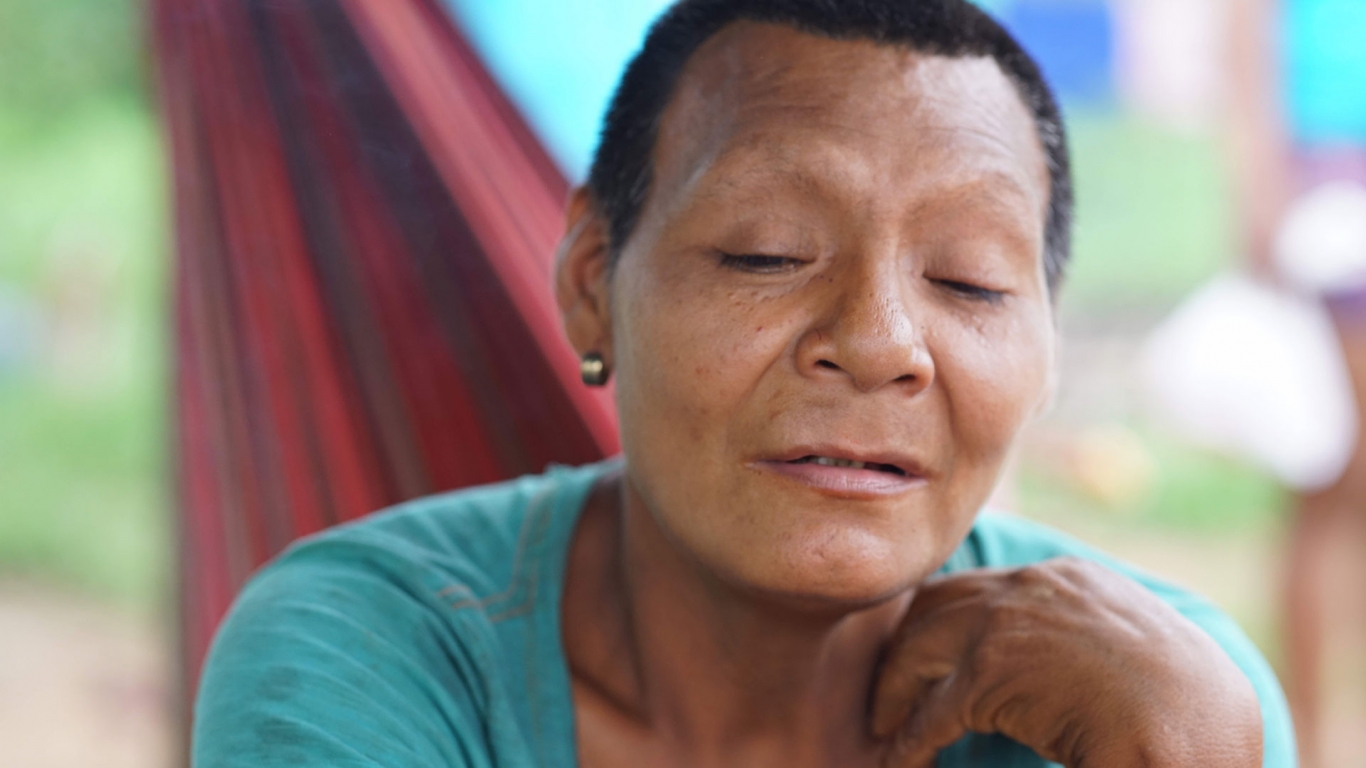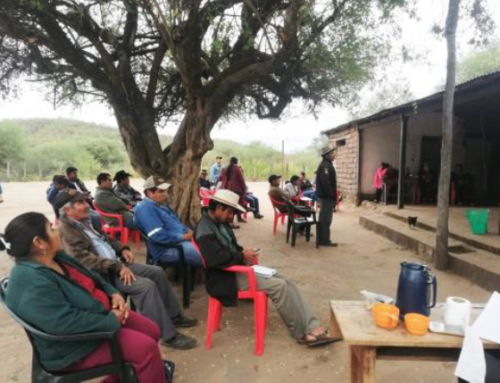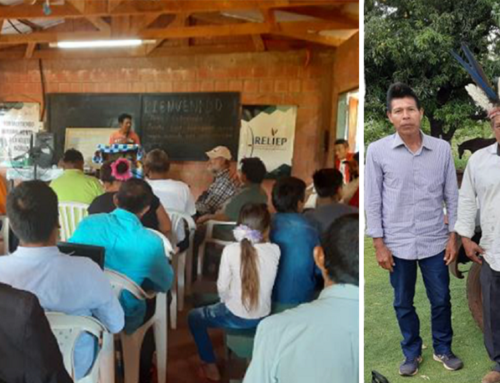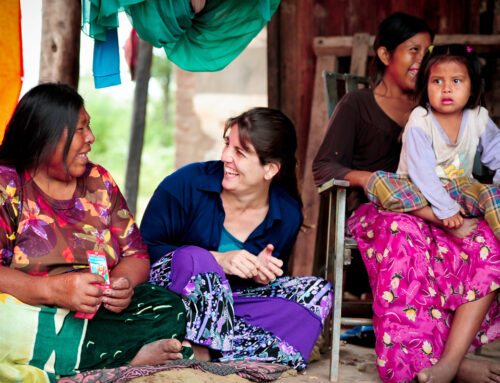“Once Upon a Time”
“In the latter part of language learning, we’ll probably be doing a lot of discourse analysis, and hopefully that will propel our language learning in the last stages,” Colin Rogers, missionary to the Nukak in Colombia told me. He went on to explain what “Once upon a time” had to do with discourse analysis.
Preventing Accidental Heroes
“Grammar is up to the sentence level,” Colin said. “Discourse is more the way that you connect sentences and also the way that you form those sentences. … How you tell which information is important and which is just contextual.
“While grammar is important for basic conversations, that’s not going to do very much for you when you’re telling an extended story or when you’re trying to teach. If you’re trying to teach and you want to make one point clear, you have to understand the discourse features of the language. Otherwise, you’re just going to default to what is normal in English.”
You might be thinking, So what’s the problem with that? The problem is that in the language of your audience, you may not be emphasizing the correct point.

“You might accidentally make Judas Iscariot the hero of the story,” Colin explained. “Or instead of telling the story of Jesus as an historical narrative, you might accidentally tell it as a fairytale or a myth. You might be unintentionally saying, ‘Once upon a time there was this dude named Jesus of Nazareth’ — and everybody is waiting for the nice moral at the end, but they miss the reality of Christ! So discourse is really, really important.”
Communication with a Purpose
But the Rogers aren’t quite there yet. They’ve been cementing the sounds of consonants, vowels and nasalization into their minds. They’ve been studying the tonal aspects of the Nukak language and bending their minds around the complex manner in which verbs are conjugated. For now, most discourse features are beyond the range of their current studies. But they are communicating. And they want to communicate better.
Pray for Colin and Megan as they continue culture and language study with the goal of seeing a thriving church among the Nukak people.
This is language learning with a purpose.






